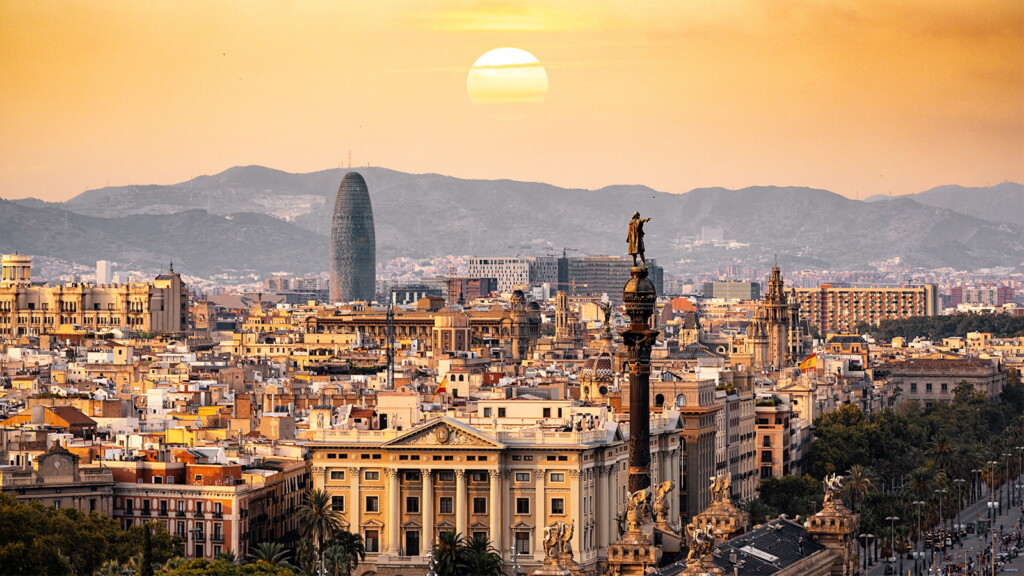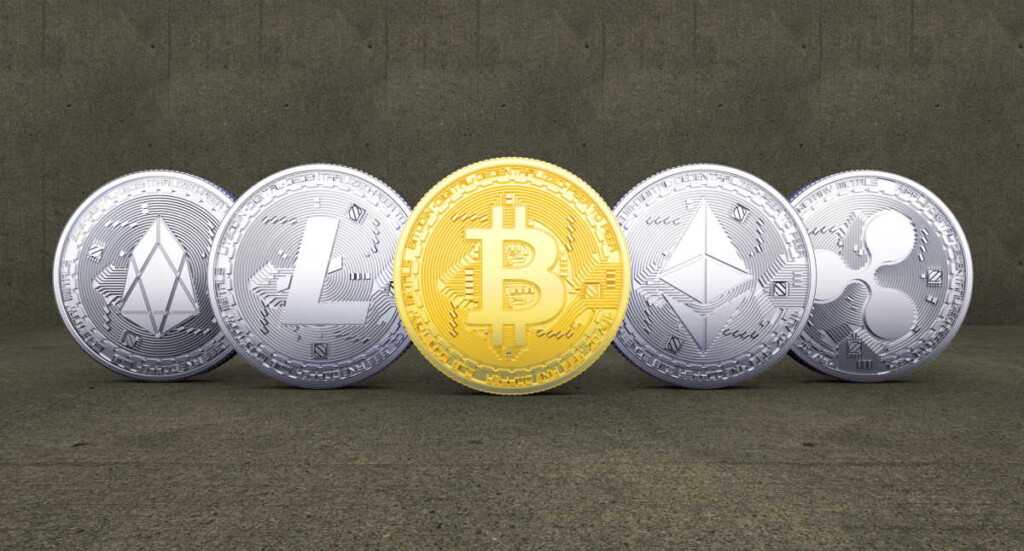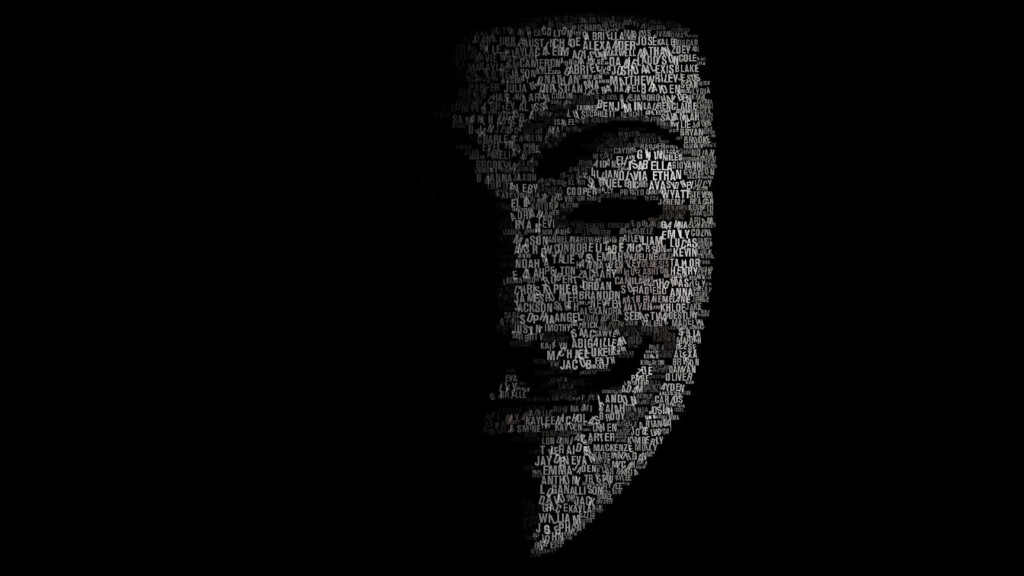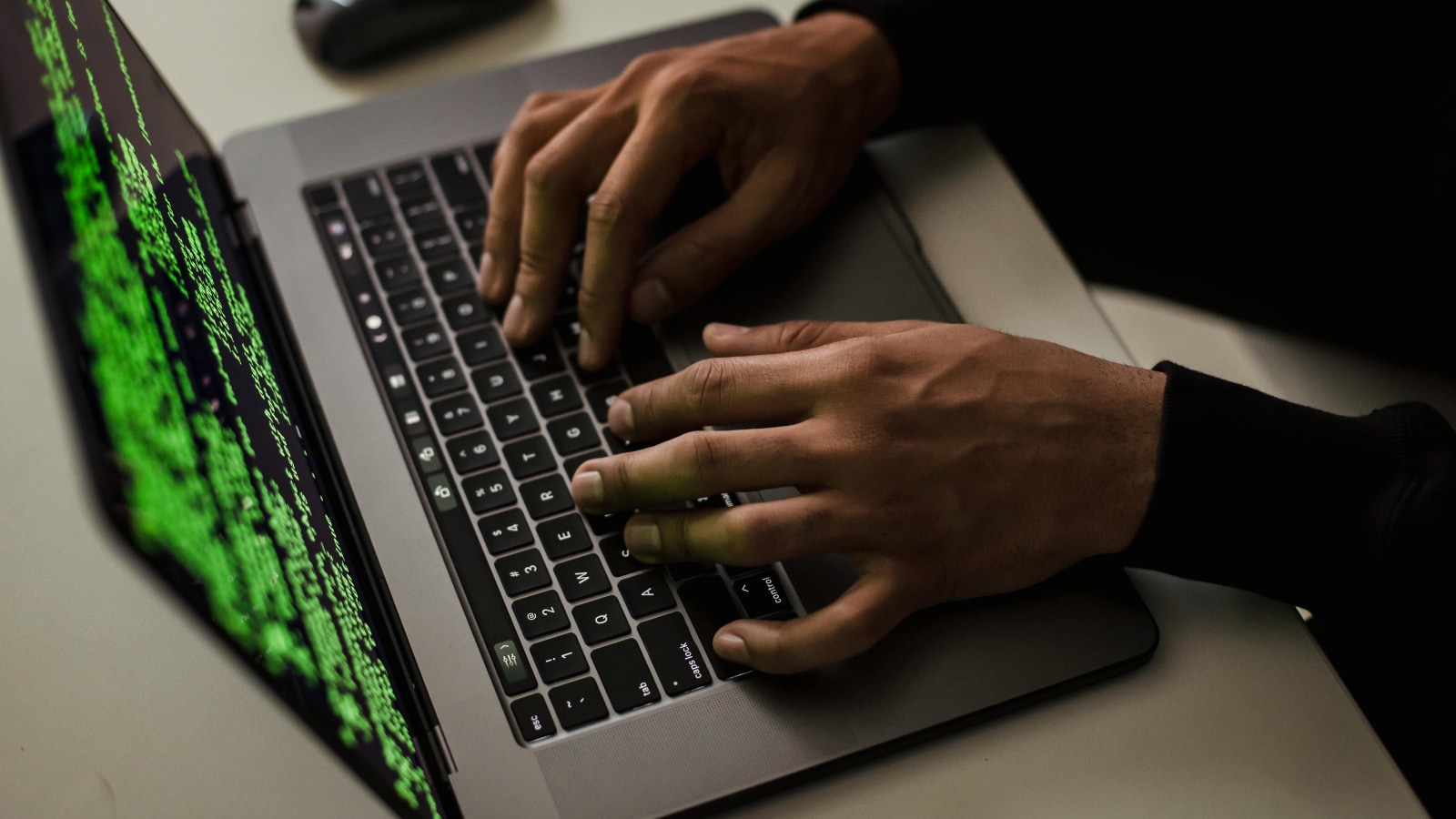
What Does it Mean to Live Off-grid?
There are few places left in the world where someone isn't keeping an eye on what you are doing. When you browse the internet, swipe a credit card or do anything that's connected to a digital system, your activity is being logged somewhere. Even when that data capture seems innocent, future governments or organizations that have access to that information can use it against your retroactively.
To a very real extent, we simply have to learn to live with this sort of privacy invasion. It means we have to rethink what "privacy" actually is, but for some people, this will never be acceptable. The only real option for them is to go "off-grid", but what does this mean? Is this something more of us need to do and is there anything we can learn from this potentially extreme course of action?
The Traditional Meaning of Living "Off-grid"
The idea of living off-grid is much older than the infiltration of digital privacy invasion. In its purest sense, the idea of off-grid living simply means that you are, to one extent or another, self-sufficient. This can mean making your own food, generating your own power, purifying your own water and so on.
So, clearly, there are different degrees to being off-grid. People also do it for different reasons. Some live in places where they have no "grid" to speak of, so being self-sufficient isn't really a choice. Others do it for political reasons or because of concerns around privacy.
The context we are working from is the latter one. Where people are concerned about a connected world. One providing data to third parties that can be used to expose details of their private lives. Going off-grid for these reasons is obviously a much more drastic action than the usual privacy measures we've recommended on Technadu over the years, but it's still a fascinating idea to explore. How far would you have to go in order to become invisible? What would you have to go? To answer that question, we're going to break down this idea and look at some of the ways it's possible to cut the cord in various aspects of your life.
How Far Does the Online "Grid" Go?
It's becoming harder and harder to make use of any online service without leaving a little piece of yourself behind. So do you have to abandon all online services in order to go off-grid? As we'll discuss a little later in this article, there are still plenty of ways to be online and leave little or no trace of it. This means going off-grid doesn't mean isolating yourself from the outside world. It's now more a question of managing the flow of information. Limiting the outflow of your info, often to rather extreme lengths.
Picking the Right City, State or Country
Going off-grid might involve changing your location. If you live in a modern city, you are also subject to some pretty powerful surveillance technology. Widespread camera systems are now coupled with machine vision systems, allowing them to recognize faces and track individuals in ways that have never been possible before. Likewise, public systems such as subway systems can be used to spy on you. WiFi networks, Bluetooth beacons, and cellular towers can also paint a pretty clear picture of where you've been. Since many devices you carry around with you can leave an entry in an access log by simply scanning for available networks.
One remedy to this sort of invasion and tracking is to move into a less developed part of the country or even the world. Despite the large world population, there are still plenty of places where few people live or intense infrastructure investment has yet to happen.
Going Financially Off-grid
Cash is rapidly disappearing from the world and money itself is becoming largely a digital phenomenon. Every time you buy something, that's being recorded somewhere. Leading to all sorts of privacy issues. Even people who live "off-grid" need some way to make money and spend it.
Cash is still an option, but cryptocurrency is probably the only truly practical way to have and spend money without any sort of central authority looking over your shoulder. Just be realistic about how anonymous it actually is.
Power Independence
The "grid" in off-grid is usually a direct reference to the power grid. Most people who live in countries with high levels of electricity access get it from a massive national grid, fed by power stations that make electricity from various sources.
Throughout the history of electricity, it's always been cheaper to get your juice from the central grid than get it from your own sources. That's changing, especially thanks to advances in renewable power sources, batteries and computer controller technology. It's still pretty expensive to go completely solar at home and disconnect yourself from central power generation, but it IS possible. It's not just solar either, there are now small scale wind power systems that can provide power at home scale. There are also other technologies waiting in the wings, such as very small-scale nuclear power and fuel cells. No to mention new types of battery technology.
Our appliances themselves have also become much more power-efficient, which means that the falling cost of making your own power is being met partway by devices that don't need nearly as much power to do their job anymore.
Off-grid Doesn't Mean Off-digital
While people today associate "digital" with "online", but there is no reason why you need to give up the digital life, simply because you don't want to be hooked into larger systems.
For example, you can build your own home server-based network without any sort of connection to the outside world. This can be as simple as having your own media server or networked file storage. As complex as running your own websites on an intranet. The hardware and software required to do this aren't particularly expensive or hard to use anymore.
The main problem here is that many devices really require an outside connection to be of any use. Which means you need to pick devices and software platforms that are open. Ones that don't become useless if you never connect to the outside world.
Devices like iPads, for example, are impossible to use without connecting them to the internet. However, thanks to operating systems such as Linux and Android, you can get good modern hardware that lets you customize them and load any software you'd like without needing Big Brother to approve it first.
Offline, Yet "Off-grid"?
The point of going off-grid is to step out from under the watchful eye of those who'd like to know what you're getting up to. Do you really have to stay off the net entirely?
I'd say that it's possible to design your access to online systems in such a way that most people who want to protect their privacy would feel safe enough.
For example, by using a VPN and the Tor network, it becomes possible to hide your true location and what information you are sending. Of course, your internet service provider might know more about you than you'd like, but there are alternatives even here.
So-called wireless user groups (WUGs) allow for long-range WiFi connection. With small third-parties, who you may trust, passing your internet traffic along.
In the most extreme cases, you may choose to use the "sneakernet". It is the historical name for simply moving data using removable storage.
Is it Really Worth it?
As you can see, going off-grid in every aspect of your life is a monumental task. Moreover, a single slip-up and modern digital systems, driven by high-performance hardware and AI, will undo all that hard work.
The real question is whether you have sufficient justification to distance yourself from the rest of society. Clearly, if you're in trouble with someone and face dire consequences if you pop up on the radar, then this path would make sense. If you are simply worried about your general privacy, we recommend you take a more focused approach.
Deal with the most relevant and serious forms of privacy breaches. Then simply learn to live with the more benign forms of data leakage. If you're worried about being able to keep going when grid-services fail, you also need to be realistic about the risks of this happening. Then design your fallback systems accordingly.













